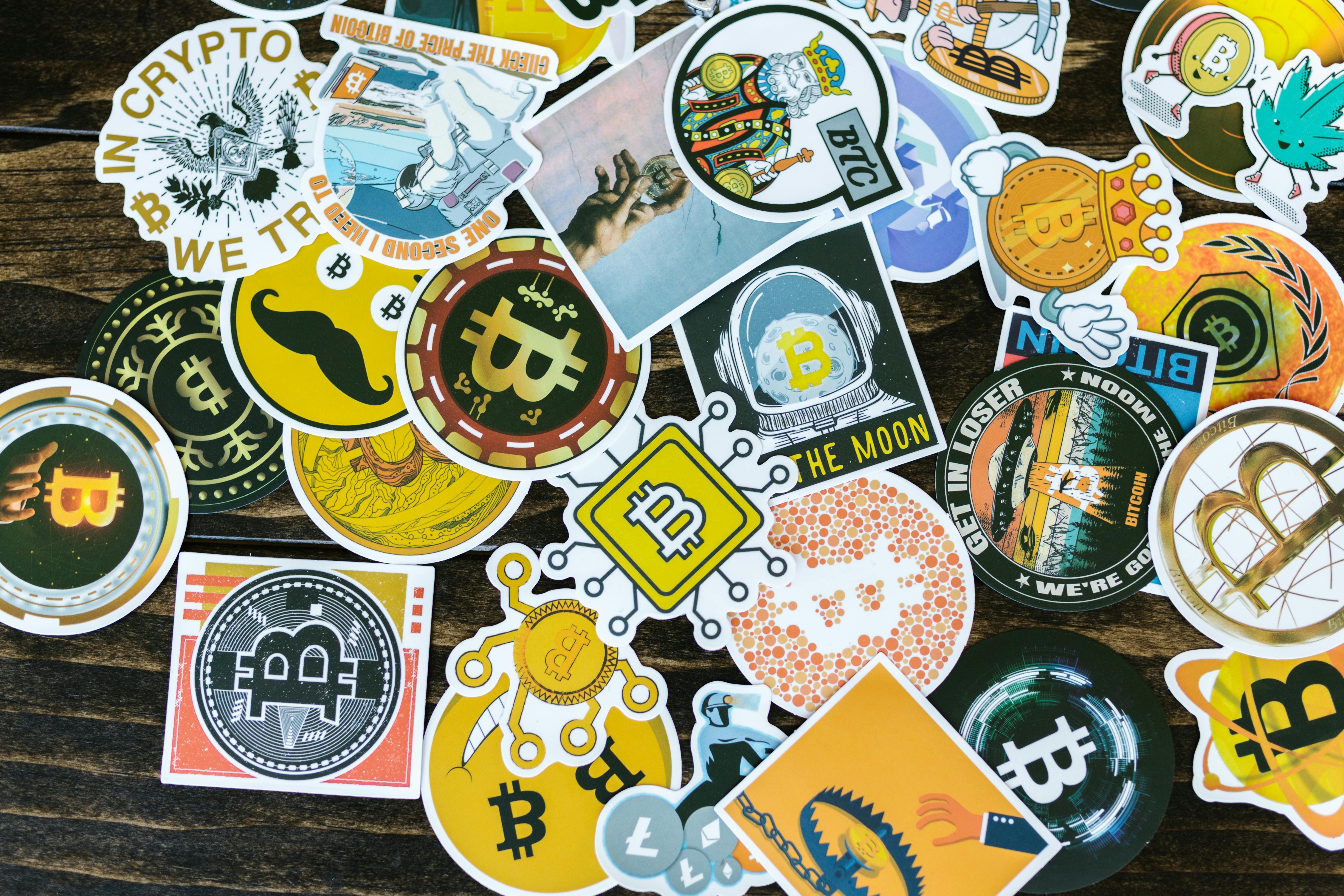Video Games and the Economy of Virtual Assets
Video games today are more than entertainment: they’re complex economies where virtual items carry real value. From cosmetic game skins to tradable in-game currency, players, developers, and marketplaces interact in ways that resemble real-world commerce. Understanding how game skins, digital marketplace systems, and trading of virtual assets work helps players protect their investments, spot fair value, and participate responsibly in gaming ecosystems.

What are game skins and why they matter?
Game skins are cosmetic overlays or visual variations for characters, weapons, or items that don’t usually affect gameplay performance. Players often value skins for rarity, visual appeal, and social signaling within gaming communities. Because skins can be scarce or tied to limited events, they acquire collectible status and sometimes real-world monetary value. For developers, skins offer a revenue stream through direct sales or loot systems, while for players they provide personalization and a way to participate in larger digital economies.
How does gaming create virtual assets?
Gaming creates virtual assets through design choices: items, skins, mounts, and digital currency are minted or generated inside a game’s economy. Some assets are account-bound and purely for in-game use; others are designed to be transferable or tradable. Developers can limit supply with drops, crafting systems, or seasonal content to sustain interest and perceived value. As games incorporate persistent worlds and player-driven markets, virtual assets increasingly resemble digital collectibles that can be stored, displayed, or exchanged across player networks.
What is a digital marketplace for players?
A digital marketplace is a platform where players buy, sell, or exchange virtual assets. These marketplaces can be official (run by the game developer or platform) or third-party sites that facilitate peer-to-peer transactions. Features typically include listings, price histories, user ratings, and escrow mechanisms to protect transactions. A well-run digital marketplace provides transparency around item rarity and transaction records, helping users assess value. Security, dispute resolution, and clear terms of service are key factors that influence whether a market is trustworthy and sustainable.
How does trading of virtual assets work?
Trading virtual assets ranges from simple swaps between friends to complex auctions on public marketplaces. Trades may involve direct item-for-item exchanges, purchases using platform currency, or conversion to fiat through third-party services where permitted. Effective trading relies on understanding market signals—rarity, demand, seasonality, and community trends. Liquidity varies widely; popular skins with broad appeal move quickly, while niche items can sit unsold. Safe trading practices include using trusted trade systems, verifying item authenticity, and keeping transaction records to reduce the risk of scams.
How to protect value when trading game skins?
Protecting value starts with research: check past sale prices, community trends, and how often an item appears on the market. Use platforms that offer buyer and seller protections, such as escrow or verified trading lanes. Avoid sharing account credentials and be skeptical of deals that require off-platform payment methods with no recourse. For collectors, diversification across items and sticking to well-established titles or assets with clear provenance can reduce risk. Remember that value can be volatile; maintenance of secure accounts and staying informed about game policy changes help preserve digital investments.
Conclusion
The intersection of video games and digital marketplaces has created rich ecosystems where game skins and other virtual assets have value beyond pixels. Understanding how virtual assets are created, bought, and traded reduces risk and improves decision-making for players and collectors. Whether you’re an occasional buyer or an active trader, emphasizing security, informed research, and participation in reputable marketplaces will help you navigate this evolving landscape responsibly.






